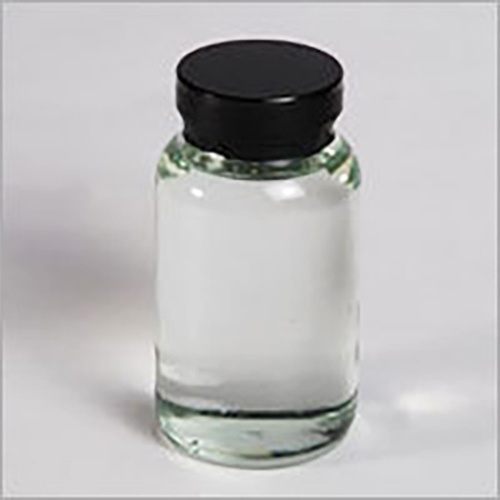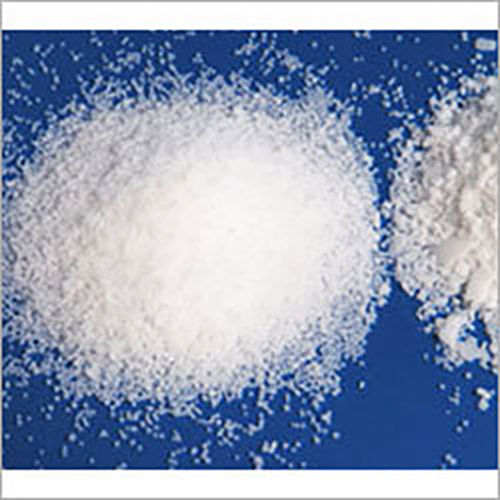

Distilled Coconut Fatty Acid
1000 USD ($)/Metric Ton
Product Details:
- Classification Inorganic Acids
- Application Used in Paints, Lubricants, Alkyd Resins, Soaps, Fatty Alcohols, Surfactants, Fatty Esters, Intermediate Chemicals, Fatty Amines, Industrial Chemicals
- Click to View more
X
Distilled Coconut Fatty Acid Price And Quantity
- 1 Metric Ton
- 1000 USD ($)/Metric Ton
Distilled Coconut Fatty Acid Product Specifications
- Used in Paints, Lubricants, Alkyd Resins, Soaps, Fatty Alcohols, Surfactants, Fatty Esters, Intermediate Chemicals, Fatty Amines, Industrial Chemicals
- Inorganic Acids
Distilled Coconut Fatty Acid Trade Information
- Any Malaysia/Indonesia/Thailand ports
- Letter of Credit (L/C) Telegraphic Transfer (T/T) Letter of Credit at Sight (Sight L/C)
- 3000 Metric Ton Per Month
- 1 Months
- Yes
- Contact us for information regarding our sample policy
- Packing is available in: Drums with/without pallets Flexi Bag with/without heat pad
- Middle East Africa Central America
- All India
Product Description
Our firm is a renowned entity, engaged in offering a high quality Distilled Coconut Fatty Acid. This acid is processed by making use of premium quality chemical compounds under the guidance of skilled team of professionals and is offered in powdered form. The offered acid is immensely used as a intermediate product of various cosmetic products such as shampoo, soap, detergent and many more. Available in standards packaging options to our clients, our offered product is also tested on various predefined parameters.
Distilled Coconut Fatty Acid Features:
- Accurate composition
- Precise pH value
- Highly effective
- Purity
Applications of Distilled Coconut Fatty Acid:
1. Surfactants and Detergents: Distilled coconut fatty acid is a key ingredient in the production of surfactants and detergents. MCFAs have excellent surface-active properties, making them effective in reducing surface tension and enhancing cleaning capabilities in soaps, shampoos, liquid detergents, and other cleaning products.
2. Cosmetics and Personal Care Products: The MCFAs present in distilled coconut fatty acid have antimicrobial and moisturizing properties, making it a desirable ingredient in cosmetics and personal care products. It is often used in lotions, creams, moisturizers, and hair care products.
3. Emulsifiers: Distilled coconut fatty acid can act as an emulsifier, helping to stabilize and combine immiscible substances like water and oil. This property is utilized in the production of various food products, such as dressings, sauces, and baked goods.
4. Lubricants and Greases: The MCFAs in distilled coconut fatty acid offer good lubricating properties, making it suitable for use in the manufacturing of lubricants and greases.
5. Coatings and Inks: Distilled coconut fatty acid is used as a raw material in the production of inks, paints, and coatings due to its ability to improve adhesion and provide a smooth finish.
6. Plasticizers: In some cases, distilled coconut fatty acid can be used as a plasticizer, adding flexibility and improving the processing characteristics of certain plastics.
7. Biodiesel Production: Coconut oil fatty acids can be utilized in the production of biodiesel, contributing to a renewable and sustainable source of energy.
8. Animal Feed: Distilled coconut fatty acid can be incorporated into animal feed formulations to enhance the nutritional value and promote better digestion in livestock.
FAQ:
Q: What is Distilled Coconut Fatty Acid (DCFA)?
A: Distilled Coconut Fatty Acid (DCFA) is a byproduct of the coconut oil refining process. It is obtained by distilling coconut oil to separate the fatty acids from other components. The resulting product is a mixture of medium-chain fatty acids (MCFAs) and is often used in various industrial and commercial applications.
Q: What are Medium-Chain Fatty Acids (MCFAs)?
A: Medium-chain fatty acids (MCFAs) are a type of saturated fatty acids that contain between 6 to 12 carbon atoms in their chemical structure. MCFAs are known for their unique properties, such as easier digestion, rapid absorption, and antimicrobial effects. Some of the common MCFAs found in DCFA include caproic acid (C6:0), caprylic acid (C8:0), and capric acid (C10:0).
Q: What are the main applications of Distilled Coconut Fatty Acid?
A: DCFA has various applications, including:
- Surfactants and Detergents
- Cosmetics and Personal Care Products
- Emulsifiers in Food Products
- Lubricants and Greases
- Coatings and Inks
- Plasticizers
- Biodiesel Production
- Animal Feed
Q: Is Distilled Coconut Fatty Acid safe for cosmetic use?
A: Yes, DCFA is generally considered safe for cosmetic use. The medium-chain fatty acids present in DCFA have moisturizing and antimicrobial properties, making it a desirable ingredient in lotions, creams, and other cosmetic products. However, as with any cosmetic ingredient, it's essential to follow recommended usage levels and conduct appropriate safety testing before using DCFA in formulations.
Q: Can Distilled Coconut Fatty Acid be used as a dietary supplement?
A: While MCFAs are considered beneficial for health, DCFA may not be suitable for direct consumption as a dietary supplement. DCFA is primarily used in industrial and commercial applications and may not meet the same quality and safety standards required for dietary supplements. Instead, products containing purified MCFAs or coconut oil are more commonly used as dietary supplements.
Q: Is Distilled Coconut Fatty Acid vegan and cruelty-free?
A: Distilled Coconut Fatty Acid is derived from coconuts, which are plant-based, making it vegan-friendly. Additionally, its production as a byproduct of coconut oil refining does not involve animal testing, making it cruelty-free.
Q: Can Distilled Coconut Fatty Acid cause allergies?
A: While allergies to DCFA are rare, individuals with coconut allergies should exercise caution when using products containing DCFA. It is always recommended to perform a patch test before using any new cosmetic or personal care product to check for potential allergic reactions.
Q: Is Distilled Coconut Fatty Acid sustainable?
A: The sustainability of DCFA depends on the sourcing and production practices of the coconut oil industry. Sustainable practices, such as responsible sourcing, eco-friendly extraction methods, and waste reduction, can contribute to the overall sustainability of DCFA production.
Q: Is Distilled Coconut Fatty Acid the same as Fractionated Coconut Oil?
A: No, DCFA and Fractionated Coconut Oil (FCO) are not the same. DCFA is a byproduct of coconut oil refining and contains various fatty acids, including MCFAs. FCO, on the other hand, is a specific type of coconut oil that has been fractionated to remove long-chain fatty acids, leaving mainly MCFAs. FCO is commonly used in cosmetic and massage applications due to its lightweight and non-greasy nature.
Enter Buying Requirement Details
 English
English Spanish
Spanish French
French German
German Italian
Italian Chinese (Simplified)
Chinese (Simplified) Japanese
Japanese Korean
Korean Arabic
Arabic Portuguese
Portuguese





